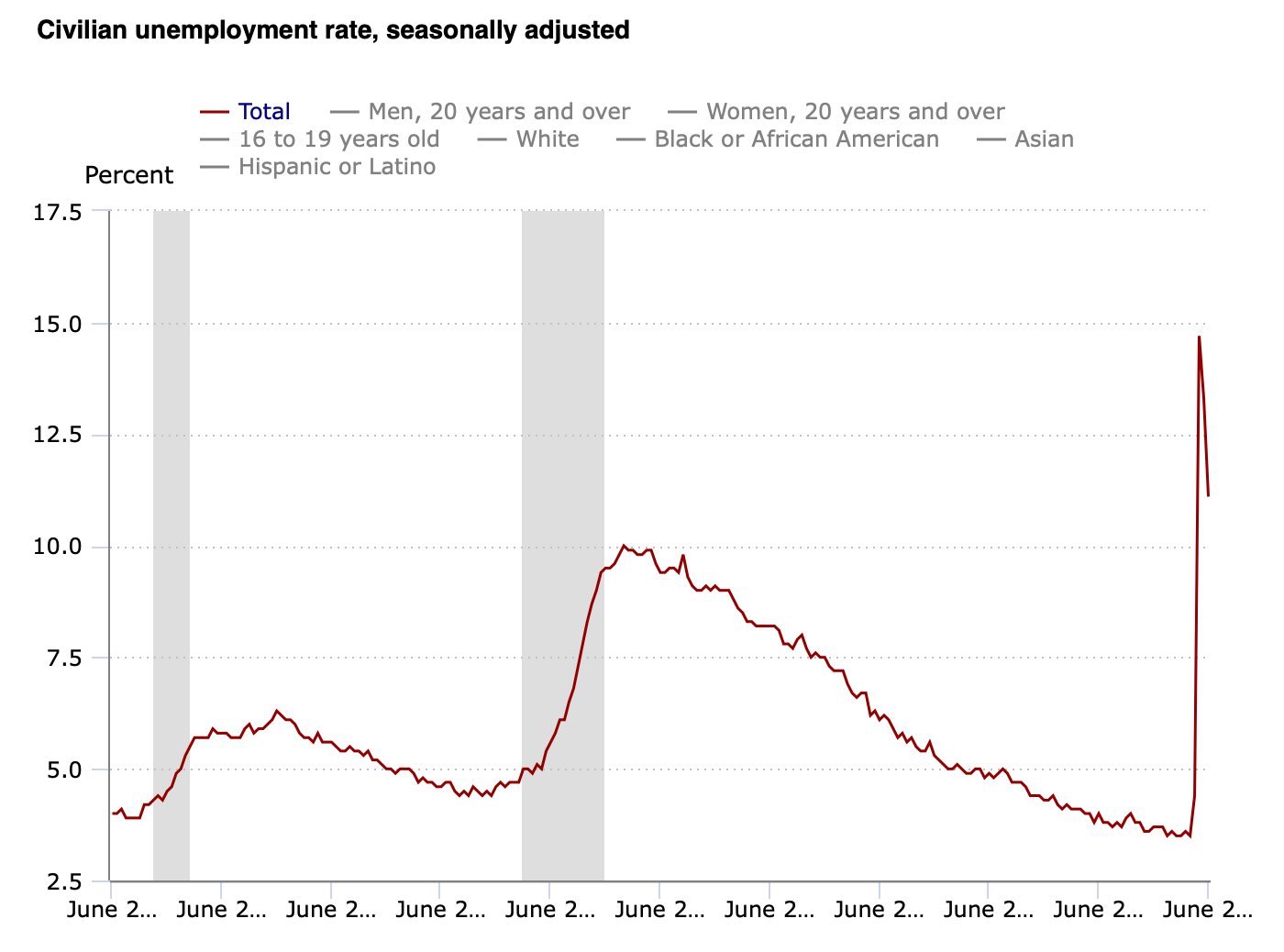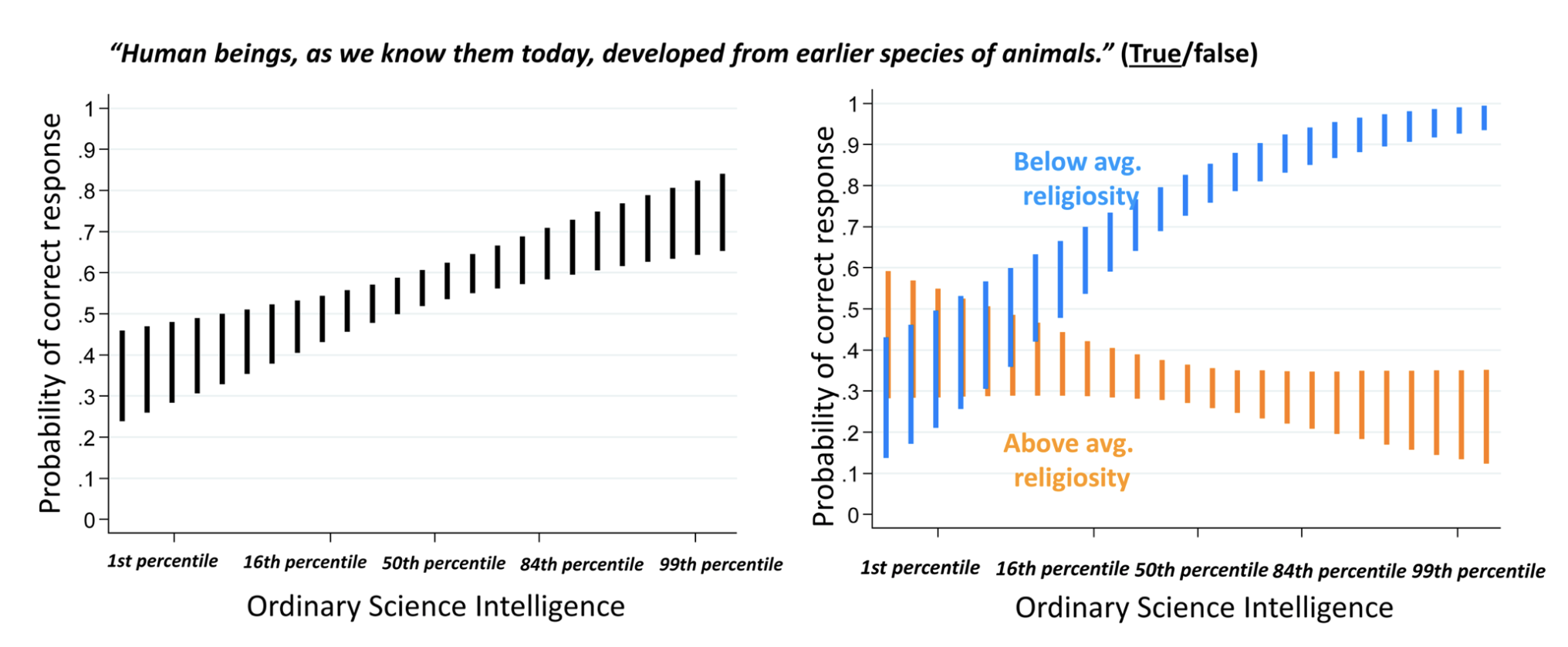The Quiet Ones
You see, I think [Steve Jobs] better than anyone understood that while ideas ultimately can be so powerful, they begin as fragile, barely formed thoughts, so easily missed, so easily compromised, so easily just squished. — Jony Ive
Pay attention to the quieter people in your team. Your attention may not be naturally drawn to them, but they work as hard as the ones who dominate the conversation, monopolize the white board, or make the loudest noises.
A dominant and outspoken personality will take over every conversation. To an introvert, this is like sucking oxygen out of the room: it leaves them unable to think or express themselves, and ultimately leads to their disinterest and discouragement.
A wise leader limits the influence of the outspoken, dominant characters in the group to ensure that the thoughtful and the slow to speak also have their ideas heard and hard work recognized.

